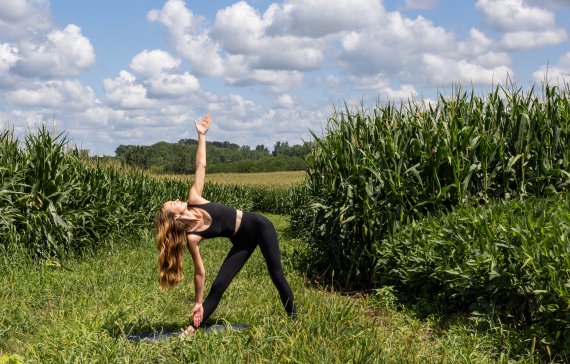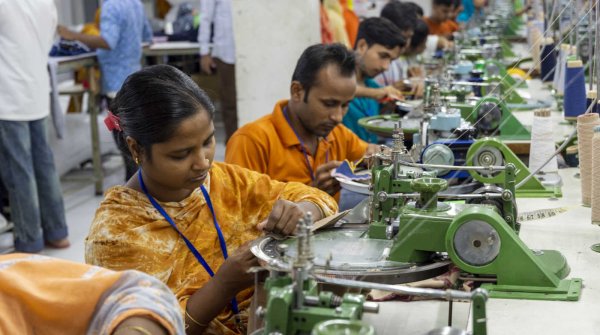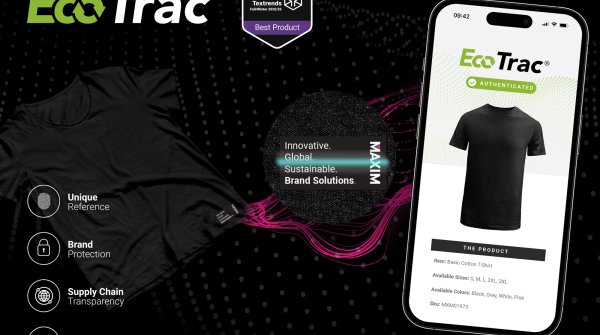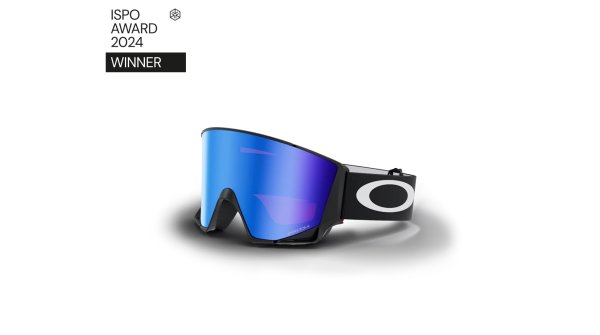- Mr. Stewart, for 2025 you are launching a new LYCRA® fiber that is partly made from industrial corn. Can you brieflyexplain what makes this new fiber so special? How did you come to work with QORE®?
- How did you come to work with QORE®?
- How does the production of the new LYCRA® fiber affect CO2 emissions compared to conventional fibers?
- Have the properties of the fiber changed in any way with the new raw material?
- Will brands have to change their processes or material mix if they want to use the new LYCRA® fiber?
- Will the new fiber be more expensive than the conventional fiber?
- Why can you only make the fiber partially bio-derived?
- What are your goals for the fiber? When can you introduce a fully bio-based fiber?
- What do you think the demand for the new fiber will be? Is the industry looking for a more sustainable solution forLYCRA® fiber?
- Will you convert your global production to the new fiber technology? What percentage of total production should thenew fiber represent?
- You launched a bio-based LYCRA® fiber in 2014. What has happened to it?
- What progress have you made in developing methods to recycle LYCRA® fiber?
- What other steps do you plan to take to meet The LYCRA® Company's sustainability goals and further reduce theenvironmental impact of your products?
Two years ago marked the beginning of a journey towards a textile innovation that aims to help the apparel industry in pursuit of decarbonization. At the time, The LYCRA Company, a global leader in the development of innovative and sustainable fiber and technology solutions for the textile and apparel industry, announced the collaboration with Qore® to produce LYCRA® fiber partly made from renewable raw materials. The raw material used for this is called “QIRA®” and is derived from industrial corn. QIRA® can be used to replace a main component of elastane fiber, significantly reducing the ecological footprint compared to equivalent product made from fossil raw materials.
Now that the construction of the Qore’s production plant is near completion, the world's first commercial production of QIRA® will soon begin in the United States Steven Stewart, Chief Brand & Innovation Officer at The LYCRA Company, talks about the special features of this renewable fiber and what role it will play in the future.
The LYCRA Company is collaborating with Qore®, a joint venture between Cargill, experts in agricultural fermentation, and HELM, a German chemical company, to bring to market the world’s first large-scale commercial production of bio-derived LYCRA® fiber made with QIRA®. A key ingredient in LYCRA® fiber is BDO (1,4-butanediol), which is produced from fossil-based resources. QIRA® is the brand name for a next-generation BDO from Qore® that is made from dent corn, an annually renewable resource.
By using dent corn as the feedstock, The LYCRA Company will soon replace a finite resource traditionally used to make LYCRA® fiber, reducing its greenhouse gas emissions while still providing the same excellent stretch and shape retention consumers have come to expect from its iconic LYCRA® fiber.

Since the highest impact category for LYCRA® fiber is our raw materials, we knew we had to focus on our ingredients to meet our 2030 goals. We had an opportunity to collaborate with Qore®—a joint venture between Cargill and HELM—to significantly reduce the carbon footprint of LYCRA® fiber. Qore® approached us about five years ago when they were considering building a plant in Iowa to produce QIRA®. We immediately recognized our interests were well aligned. Their expertise in scaling fermentation technologies makes them the ideal partner to help bring bio-derived LYCRA® fiber to market.
Bio-derived LYCRA® fiber made with QIRA® has the potential to reduce carbon emissions by up to 44 percent* versus traditional LYCRA® fiber. This product will likewise enable our customers including mills, brands and retailers to help reduce their own product footprints.
* Cradle-to-Gate Screening LCA estimate for a representative production facility of LYCRA® fiber, June 2022, prepared by Ramboll Americas Engineering Solutions, Inc
Bio-derived LYCRA® fiber made with QIRA® will deliver equivalent performance to traditional fossil-based LYCRA® fiber in terms of stretch, strength, and durability. The chemical structure is the same as the fossil-based version. Qore® is just using a different production method—fermentation of sugars from corn—to create or formulate the same end product.

No, that is the good news. Because bio-derived LYCRA® fiber will deliver equivalent performance, fabric mills, garment makers, designers, brands and retailers will not have to reengineer fabrics or their patterns or processes. It is truly a 1:1 drop in.
The premium for this sustainable innovation will depend on market pricing for the petroleum-based raw materials that it replaces. Since LYCRA® is typically a fraction of a garment’s make-up, the cost to upgrade to our renewable option should be nominal on a per garment basis, meaning a few cents more per garment.
Once we receive QIRA® bio-derived BDO from the Qore® site, it is converted into PTMEG, which makes up about 70 percent of LYCRA® fiber by weight. Today, the other 30 percent is made from conventional feedstock.
Ultimately, we want to get to a 100% bio-based fiber. We are working on sustainable options for the remaining 30% and will keep you posted on our progress.
We have received an overwhelmingly positive reaction to this new fiber. Brands and retailers are looking toward strategic suppliers like us to help them with more sustainable options. So, we are having a lot of good conversations with brands about this offering.
We have even had several leading brands come out to Iowa to tour the Qore® site and meet with some of the farmers who will be growing the corn that will be sourced to make QIRA®.
Our customers have told us that they appreciate the level of transparency and traceability we’ve provided in the process to make bio-derived and they have been so impressed with the quality and passion that goes into farming. The human element here is something extraordinary. Getting to meet the farmers have helped to truly bring this full circle for our customers.
Our goal is to convert at least one-third of our production of LYCRA® fiber to bio-derived. Long-term, we aim to shift the majority of our elastane offerings to bio-derived.
In 2014, we did introduce the world’s first bio-derived elastane, but I think we were a bit ahead of our time. We could not get to scale due to the limited supply of the bio-derived materials.
So, we are excited to now work with Qore® in bringing a lower-impact alternative to market at scale.
We continue to make progress on end-of-life solutions for fabrics and garments that contain elastane. Ultimately, our aim is to offer a bio-derived fiber to our customers to use in their garment collections that will allow for the recovery of elastane materials that can be recycled into new fibers.
We are working with a number of garment recyclers to define the compatibility between their recycling processes and our fiber. Testing to date has been positive and we are optimistic about our advancements going forward.

We will continue to use our expertise and technology to focus on fiber and material innovation that can not only enhance fabric performance but also have a reduced carbon footprint as we do our part to help shift the industry towards a more sustainable future.
Our product vision centers around using fewer finite resources, extending garment wear life, and ultimately offering solutions that can be recycled or composted at end of life while still providing the expected level of performance, fit and comfort that consumers desire.
Such efforts will require a collaborative mindset as we embrace best practices and knowledge-sharing with key strategic partners who can also help us scale our innovations. 2030 will be here soon enough and we need to continually foster such collaboration to drive meaningful change for our company and the industry.

 PromotionOpens lens – tools for true impact
PromotionOpens lens – tools for true impact
- Awards
- Mountain sports
- Bike
- Fitness
- Health
- ISPO Munich
- Running
- Brands
- Sustainability
- Olympia
- OutDoor
- Promotion
- Sports Business
- Textrends
- Triathlon
- Water sports
- Winter sports
- eSports
- SportsTech
- OutDoor by ISPO
- Heroes
- Transformation
- Sport Fashion
- Urban Culture
- Challenges of a CEO
- Trade fairs
- Sports
- Find the Balance
- Product reviews
- Newsletter exclusive area
- Magazine





